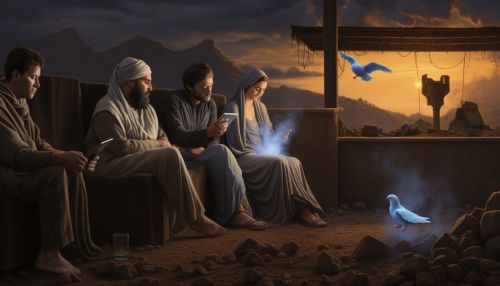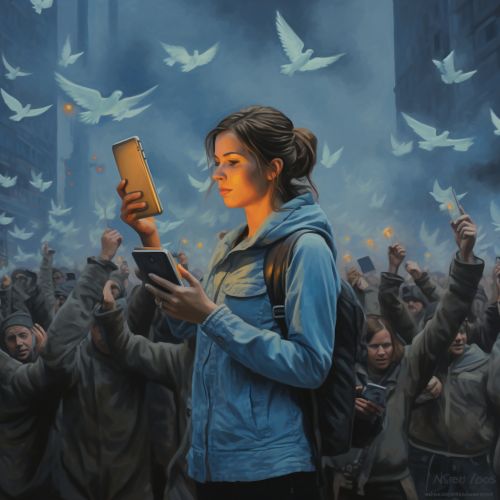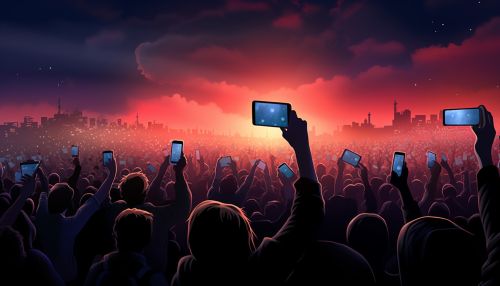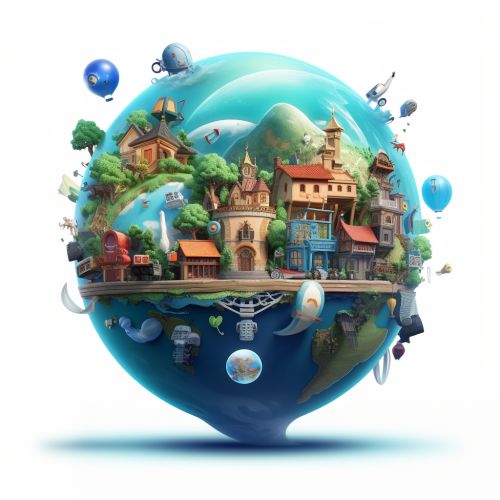The Influence of Social Media on Modern Politics
Introduction
The digital age has brought about significant changes in various aspects of life, one of which is politics. The advent of social media platforms such as Facebook, Twitter, Instagram, and YouTube has had a profound impact on the political landscape. This article explores the influence of social media on modern politics, delving into the ways it has transformed political communication, public opinion, political campaigns, and the overall political process.


Political Communication
Social media has revolutionized political communication, providing politicians with a direct channel to reach their constituents. It has made political discourse more accessible, allowing politicians to share their views and policies directly with the public, bypassing traditional media outlets. This has led to a shift in the power dynamics of political communication, with politicians now having more control over their messaging.


Public Opinion
The influence of social media on public opinion is significant. Social media platforms provide a space for political discussions and debates, influencing the opinions of the public. They also allow for the rapid spread of information, which can sway public opinion quickly. However, this rapid spread of information can also lead to the dissemination of fake news, which can have a negative impact on public opinion.


Political Campaigns
Social media has become a crucial tool in political campaigns. It allows candidates to reach a large audience at a relatively low cost, making it an effective platform for campaigning. Social media campaigns can include a variety of strategies, such as targeted advertising, engaging with followers, and sharing campaign updates. However, the use of social media in campaigns has also raised concerns about privacy and the potential for manipulation.


Political Process
The influence of social media extends to the overall political process, impacting how politicians engage with their constituents, how campaigns are run, and how public opinion is formed and influenced. Social media has also played a role in political mobilization, enabling grassroots movements and protests to gain traction and visibility. However, the impact of social media on the political process is not entirely positive, with issues such as misinformation and online harassment posing significant challenges.


Conclusion
In conclusion, social media has had a profound influence on modern politics, transforming political communication, shaping public opinion, revolutionizing political campaigns, and impacting the overall political process. While it has brought about significant changes, it also presents a host of challenges that need to be addressed. As social media continues to evolve, its influence on politics is likely to grow, making it a critical area of study for political scientists and other stakeholders.


